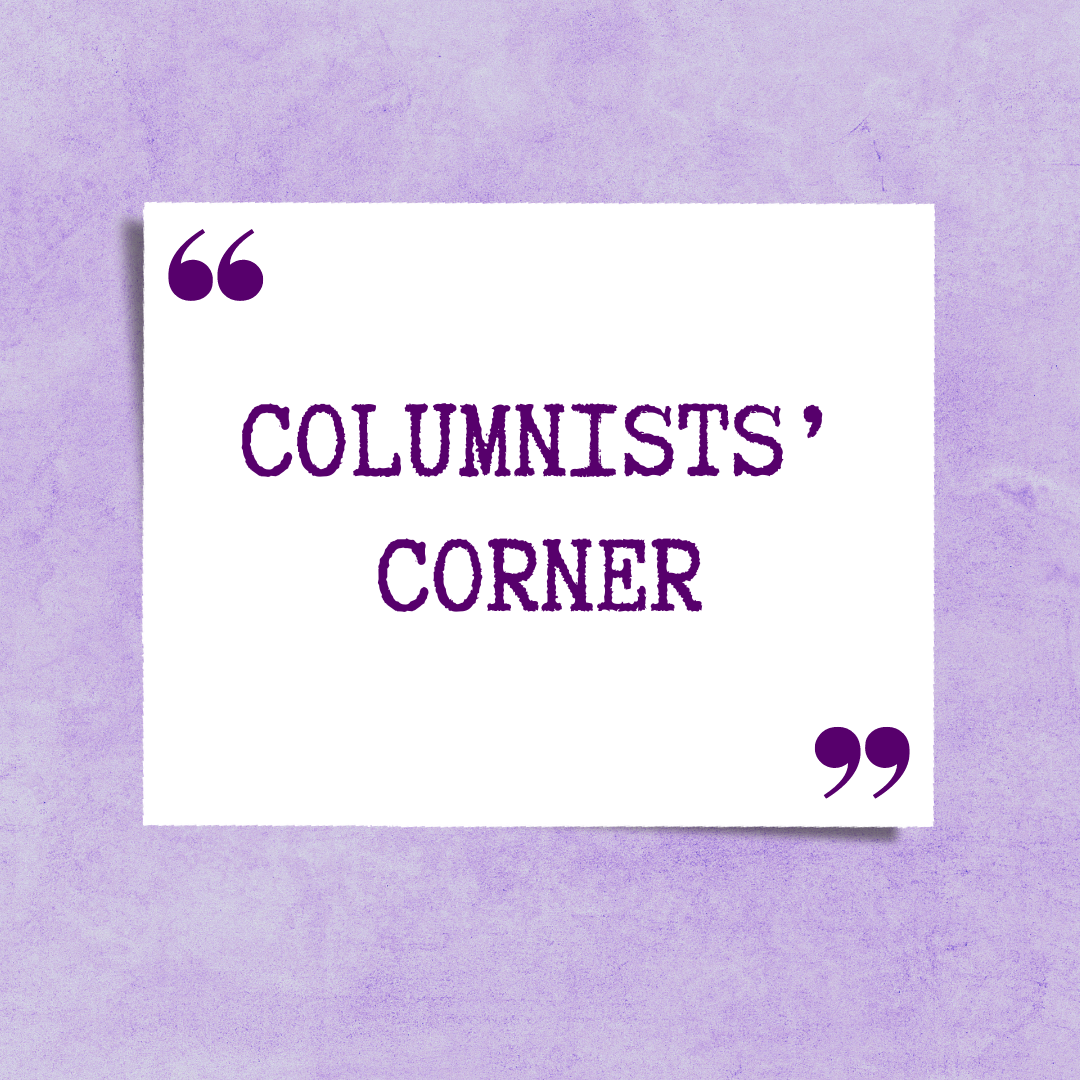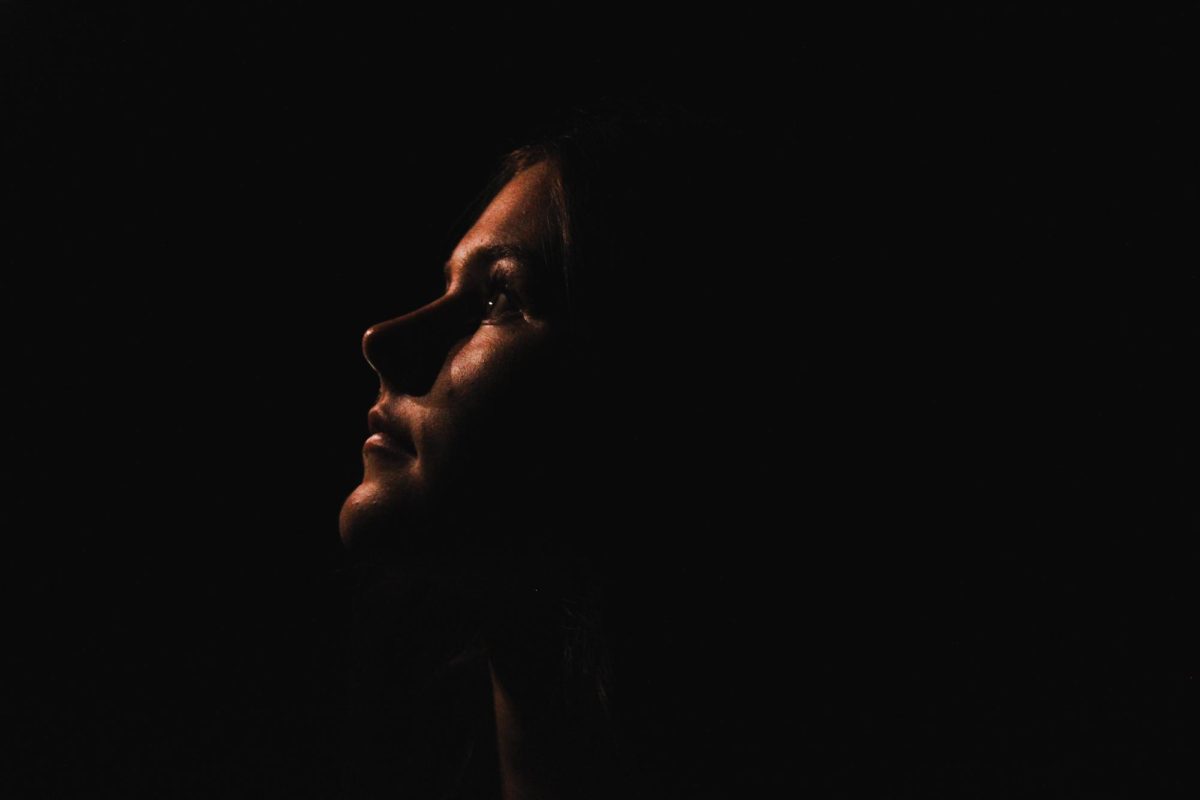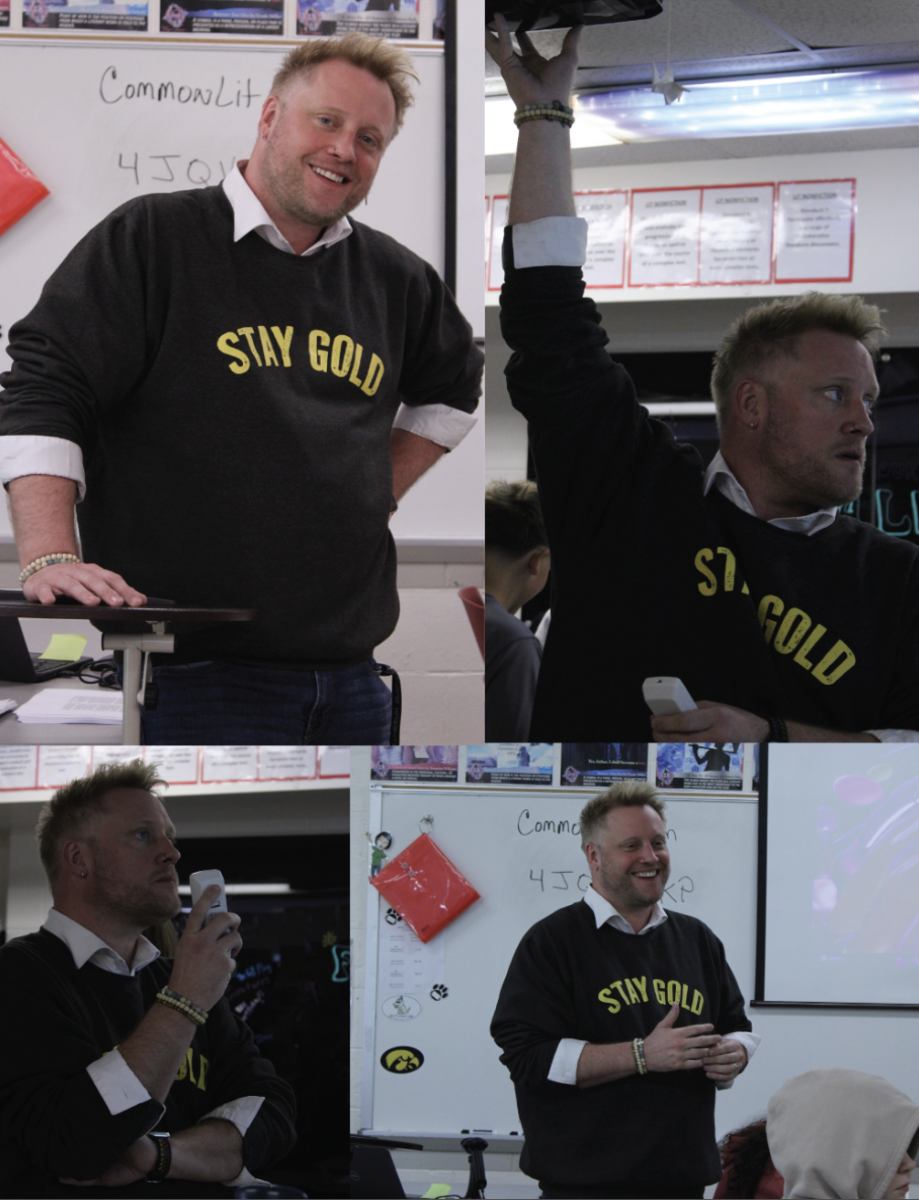Pain can carve you up and leave you empty. It can leave you with the inability to refill what you need. It will have you clawing at others to fill that void. Pain destroys and creates. Pain breaks people, but it also builds deep rooted relationships. Sharing such pain can be dangeous and needs to be done carefully, so it is up to those in pain whether or not those relationships drown or grow.
Relationships are built from a base of shared joys and pains. With those who are close to us, we share everything from our greatest moments to our most vulnerable traumas. Just as others’ victories can break relationships with jealousy, sharing trauma can break it down with imbalance.
Everyone has their own struggles, some more than others. The greatest show of pain comes in the form of emotional trauma, which is “a term used to describe the challenging emotional consequences that living through a distressing event can have on an individual,” according to the Center for Addiction and Mental Health.
Trauma is more than just an unsettling memory. Symptoms can range from mild to major depending on the event and how the person perceives and deals with it. Personality changes, restlessness, paranoia and upsetting dreams or memories are common, according to the National Center for Post Traumatic Stress Disorder (PTSD). When trauma is left unprocessed, disorders can develop, such as PTSD.
When dealing with large emotions, leaning on parents, mentors, friends, partners and professionals is imperative. It is always good to trust someone enough to be vulnerable with them, but boundaries are a need for both parties involved.
Therapists are one of the most helpful resources for emotional support. However, people tend to open up easier to those they already have built relationships with and trust. Especially for teens, this tends to be the way we go.
Despite friends being a great outlet for our deepest struggles, people close to us do not tend to have the tools to help.
“If you just put on a horrifying, gory, scary movie and I wasn’t prepared for that, do you think that’s okay? Probably not,” Kaneland High School social worker Calista Sarabia said. “People are not always mentally prepared for [hearing about deep struggles].”
We are a species strongly impacted by emotion. Just the thought of another person going through traumatic things is generally enough to elicit deep compassion and empathy.
Whether or not we personally know a dying person, our reaction is often the same: compassion. We see ourselves through others, so seeing someone go through things that could happen to us hurts.
Junior Bianca Garcia titles herself the “therapist friend.” She acts as an outlet for her friends. This is a great thing to do, but it is important to keep ourselves in mind. Garcia mentions she has never been “scared away” from a friend because of their struggles, but admits that she has experienced depression as a result of being the “therapist friend.”
Garcia learned to prioitize herself, which allowed her to improve her mental health. But a lot of people do not have the self-awareness to take that step. Not only can the knowledge of another struggle make you struggle as well, but it can also trigger your own traumas.
Someone may come to you for help with family instability, but if what they share with you is in line with your own trauma then you can lose the ability to help. Triggers are hard to work around, especially with traumatic memories. At times, the same emotions you felt in the moment will resurface; you can become completely disconnected from the present.
“You have to decide: Am I the right person to be telling this information to? Is it harming our relationship, or is it helping us become closer and share things together and flourish?” Sarabia said.
Boundaries in relationships are very important, especially when there are delicate emotions in play. Garcia is a perfect example of how to set boundaries in situations that involve excessive sharing of trauma. Garcia was able to recognize when she needed a break, so she communicated with those who relied on her that her own mental health had been declining.
She proceeded to set hard boundaries while still being empathetic by saying, “I understand you’re going through things and you need someone to talk to, but I can’t be that person right now.” Without this boundary, her relationships would have suffered. “I wasn’t taking on so much of their stress, and that was a good thing for me,” Garcia said. “They were still able to tell me some things. I think it worked well for both of us.”
Life is hard enough as it is. Between the delicate balance of surviving while remaining happy, there is no need to carry any more stress than what is necessary.
Empathy is one of humans’ greatest gifts to give, but without boundaries, you will crack right along with the cracked. You can’t take the glue of one structure to fix another and expect both to remain standing. Sometimes things require experience you lack.
“It’s really hard to suggest something to a person when their life is completely different from yours,” Garcia said.
While it is important to help others up, so is holding yourself up to do so. If tough things like boundaries are not discussed because “you are scared of being uncomfortable, then you are never going to have the opportunity to be comfortable,” Sarabia said.
Even Sarabia has moments where she feels like a “deer in headlights” when talking to students. We are all humans who make mistakes, carry our own weight and feel emotion deeply. Trauma is a heavy weight to carry, so we must keep in mind that weight transfers and be mindful of how and with whom we choose to share it.








